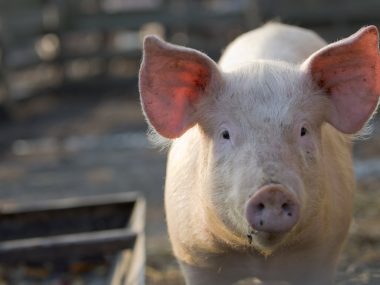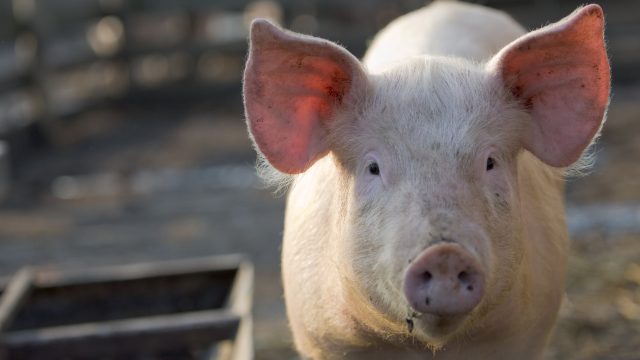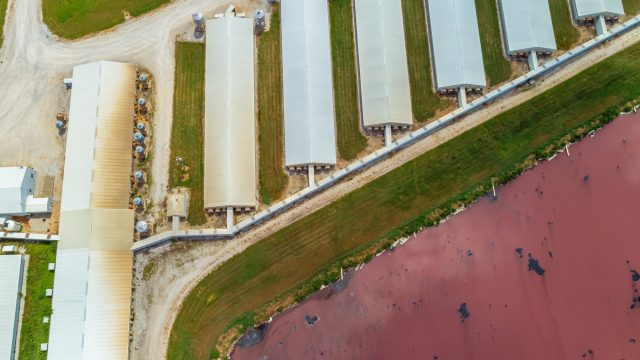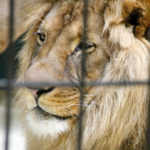
Roadside Zoos
Small, unaccredited zoos where wild and exotic animals suffer in captivity
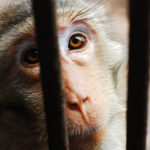

Roadside zoos dot the American landscape. They’re generally small menageries where wild animals such as lions, tigers, monkeys, wolves, and others are kept in captivity, and often suffer badly.
The animals frequently live in small, dirty cages. They are fed inadequate food, and are denied medical care. They have little in the way of mental stimulation — often, not even the company of other animals, since many roadside zoos keep animals confined alone in their cages. Sometimes roadside zoos also encourage dangerous interactions between animals and visitors, such as bottle-feeding bear cubs.
These facilities continue to operate due to a patchwork of mostly lax state and federal laws, and lax enforcement of those laws. At the Animal Legal Defense Fund, we use all the legal tools at our disposal to secure more and better protections for animals at roadside zoos.
We secure new legal protections for animals held captive at roadside zoos: In 2018 the Animal Legal Defense Fund scored a major victory for endangered animals living in captivity at roadside zoos. A three-judge panel of the Eighth Circuit issued a unanimous decision upholding a district court’s 2016 ruling that Cricket Hollow Animal Park (formerly Cricket Hollow Zoo), a roadside zoo in Manchester, Iowa, violated the Endangered Species Act by providing substandard care for the four tigers and three lemurs who were the subject of the lawsuit.
This ruling was significant for Cricket Hollow’s animals, and set important precedent that we will use to help many more.
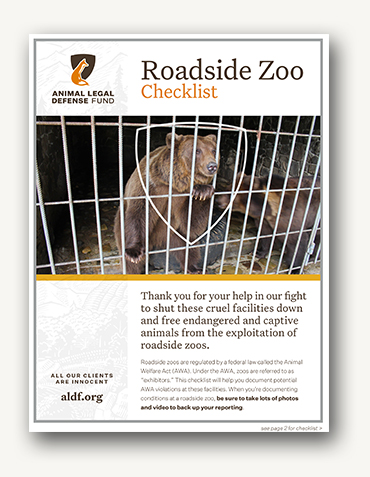
We secure better living conditions for animals held captive at roadside zoos: Our lawsuits often result in the owners of roadside zoos either being ordered to move their animals to sanctuaries, or choosing to do so voluntarily.
We fight for stronger laws, and better enforcement of existing laws: The Animal Welfare Act is the chief federal law that governs roadside zoos. The law itself, as well as its enforcement by the Department of Agriculture, are frequently criticized for allowing roadside zoo operators’ inhumane practices to go unchecked. State laws vary considerably, with some having such lax oversight that the states become known as havens for cruel roadside zoos.
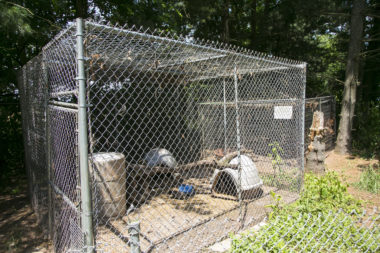
Deer Haven Mini Zoo in Keymar, Maryland
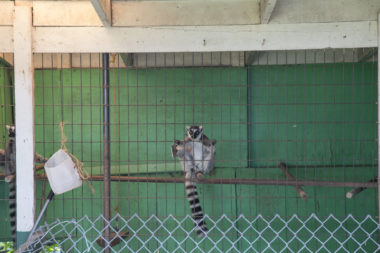
Deer Haven Mini Zoo in Keymar, Maryland
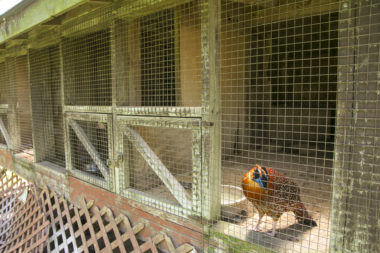
Deer Haven Mini Zoo in Keymar, Maryland
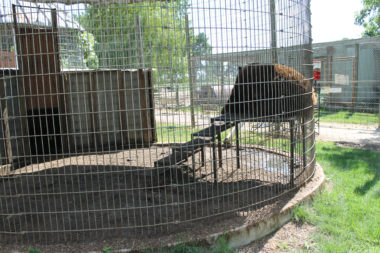
Cricket Hollow Zoo in Manchester, Iowa

Cricket Hollow Zoo in Manchester, Iowa
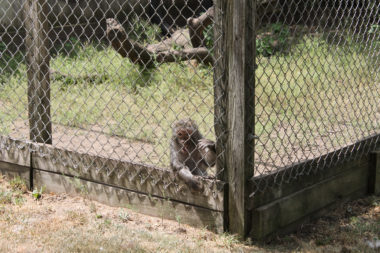
Cricket Hollow Zoo in Manchester, Iowa
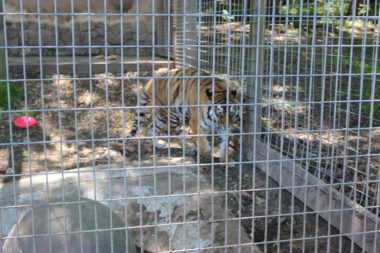
Animaland in Pennsylvania
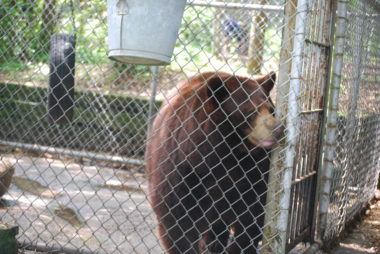
Animaland in Pennsylvania
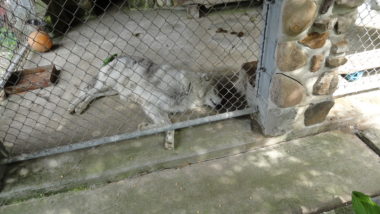
Animaland in Pennsylvania
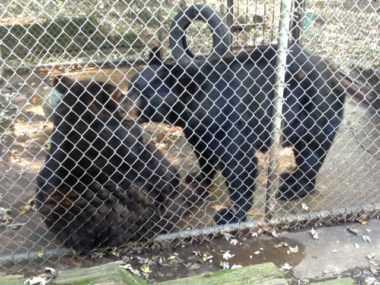
Animaland in Pennsylvania
Captive animals need better laws, and better enforcement of those laws. Our legislative affairs team advocates for stronger state and federal laws. And we are also using the regulatory process to advocate for stronger protections under existing laws.
Related News
-
Court Rules Texas Food Label Censorship Law is Unconstitutional
The law imposed unclear and vague standards on plant-based meat producers that violate the First AmendmentJanuary 29, 2026 Press Release -
State Animal Protection Laws Ranked: Oregon is #1, North Dakota #50
20th edition of ALDF state and territory ranking report highlights major advancements & trends in animal protection across the U.S.January 27, 2026 News -
Over 30 Organizations Urge USDA to Limit Federal Support for Manure Digesters
Hundreds of millions of dollars intended to cut energy costs have been funneled to costly manure digesters, benefitting the largest factory farmsJanuary 15, 2026 News
Related Cases
-
Urging DOJ to Eliminate Unnecessary and Burdensome Labeling Laws
Submitted comments on September 15, 2025, in response to DOJ’s request for information about state-level labeling laws
-
Challenging the USDA to Provide FOIA Documents Related to the Beef Checkoff Program
ALDF v. USDA and AMS
-
Urging FWS Not to Rescind Regulatory Definition of ‘Harm’ Under the Endangered Species Act
Submitted comments against proposed rule on May 19, 2025
Looking for case and legal resources? View Resources
See MoreSay No to Roadside Zoos
Bears, lions, and other animals languish in roadside zoos across the country. Animals live in cruel conditions, confined to small cages without the enrichment they need to lead full, happy lives. Protect animals by boycotting roadside zoos.
